You know one of my colleagues, Enrico, from a number of posts I published before. He recently moved from Rome, Italy to Bor, South Sudan.
 He just sent me some interesting stuff he wrote about working in remote locations. And when we talk about Bor, we talk real remote locations. Something which we, in the humanitarian world, call the "deep field". How deep is the field? Endless it seems. And the deeper we go, the more basic our needs become.
He just sent me some interesting stuff he wrote about working in remote locations. And when we talk about Bor, we talk real remote locations. Something which we, in the humanitarian world, call the "deep field". How deep is the field? Endless it seems. And the deeper we go, the more basic our needs become.
Here is Enrico:
Just before leaving for Bor, I met a colleague who’d just come back from a field mission. “Where to?” I said, “Khartoum”, he replied.
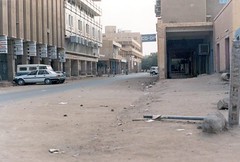 Khartoum, an as-if family duty station, is considered by the UN an adverse place, bad enough to make you earn the famous hardship-reassignment notch. Khartoum, with its international airport, renowned university and air-conditioned houses and shops, was indeed considered a daunting destination by most HQ colleagues waiting for their reassignment. For me, Khartoum was just the first of the two transit points on the way to my final destination, and the frontier to civilization.
Khartoum, an as-if family duty station, is considered by the UN an adverse place, bad enough to make you earn the famous hardship-reassignment notch. Khartoum, with its international airport, renowned university and air-conditioned houses and shops, was indeed considered a daunting destination by most HQ colleagues waiting for their reassignment. For me, Khartoum was just the first of the two transit points on the way to my final destination, and the frontier to civilization.
Once reached Khartoum, the prospective had rapidly changed. Colleagues based in Khartoum felt privileged to be there and looked down upon their unfortunate colleagues who’d been chosen for Juba, my second and final transit point (or so I thought), and its sub-offices. A colleague from Khartoum confessed me that he jokingly used “a mission to Bor” as a powerful threat with his staff: “how bad could Bor be,” I wondered? My many previous missions with WFP also gave me the certainty that Khartoum wasn’t that bad, after all … especially for the teetotallers.
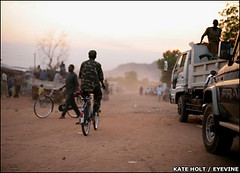 The flight to Juba was pleasant and without surprises, thanks to the excellent services provided by United Nations Humanitarian Air Service. Juba, the capital of South Sudan and one of the three coordination centres of the WFP’s operations, had more of the familiar field looks: a poorly developed place, with lots of challenges, but a place where the bare necessities could still be satisfied. Half of my colleagues were still living in tents, office space was provided by air-conditioned containers, no local infrastructure, rough hygienic conditions and volatile security situation, but all types of food, drinks and a bit of night life were available. In my first few days in Juba, I however felt that that was the level of isolation and hardship that I was ready to tolerate.
The flight to Juba was pleasant and without surprises, thanks to the excellent services provided by United Nations Humanitarian Air Service. Juba, the capital of South Sudan and one of the three coordination centres of the WFP’s operations, had more of the familiar field looks: a poorly developed place, with lots of challenges, but a place where the bare necessities could still be satisfied. Half of my colleagues were still living in tents, office space was provided by air-conditioned containers, no local infrastructure, rough hygienic conditions and volatile security situation, but all types of food, drinks and a bit of night life were available. In my first few days in Juba, I however felt that that was the level of isolation and hardship that I was ready to tolerate.
At the mention of the word Bor, most colleagues in Juba squirmed, compassionate enough not to unveil the final surprise, but kind enough to give me some indispensable clues that would help me to be prepared for what was yet to be revealed.
Despite all, I was quite anxious to go to Bor and still a bit of optimistic that something was going to be good. Well, my optimism was soon to be betrayed.
When I reached Bor, I felt that that was the end of the known world, the very deep field. The office, located on the West bank of the White Nile, and the compound did not comply with any of WFP’s policies and procedures while food, sanitation and basic living conditions were a mere mirage. I really felt depressed.
Within 24 hours, I, however, discovered a new world. Bor, was the capital city of Jonglei state, the vastest of the ten South Sudan states: 5 times the size of Denmark.
Bor had its own governor, ministers and parliament; the Police; a local market, where a few basic items could be bought (these excluded fruit, vegetables and cleaning material); a would-be all-weather airstrip; and a hospital run by MSF.
 Still all this wasn’t enough to brighten my spirits, until I spoke to one of our field monitors. She was about to go on one of her usual food distribution missions with 90 Kg of luggage. “What are you carrying,” I asked. “A tent, cloths, gum boots, water, basic food for 30 days, charcoal and a few other indispensable items,” she replied. “Why food for 30 days if you are going on a 3-day mission, and what are you doing with the gum boots” I replicated. “Well, during the rainy seasons the areas where we operate gets flooded, so sometimes the plane cannot land for weeks and the gum boots are essential to walk in swampy areas, although sometimes they level reach more than 1 metre.” What I had not immediately spotted during our conversation was that she had not been supplied with a satellite phone, a GPS, and an HF radio, and that her tent had holes.
Still all this wasn’t enough to brighten my spirits, until I spoke to one of our field monitors. She was about to go on one of her usual food distribution missions with 90 Kg of luggage. “What are you carrying,” I asked. “A tent, cloths, gum boots, water, basic food for 30 days, charcoal and a few other indispensable items,” she replied. “Why food for 30 days if you are going on a 3-day mission, and what are you doing with the gum boots” I replicated. “Well, during the rainy seasons the areas where we operate gets flooded, so sometimes the plane cannot land for weeks and the gum boots are essential to walk in swampy areas, although sometimes they level reach more than 1 metre.” What I had not immediately spotted during our conversation was that she had not been supplied with a satellite phone, a GPS, and an HF radio, and that her tent had holes.
After all, Bor isn’t that deep!
Pictures courtesy Ulrik Pedersen, BBC
Read the full post...
 Recently, I was invited by the government of the state I am working in. The Governor reminded everybody that a good administration should always follow a bottom-up approach and that consultations should take place in the bomas first, then in the counties and finally at the state level, where the final consolidation is done.
Recently, I was invited by the government of the state I am working in. The Governor reminded everybody that a good administration should always follow a bottom-up approach and that consultations should take place in the bomas first, then in the counties and finally at the state level, where the final consolidation is done. 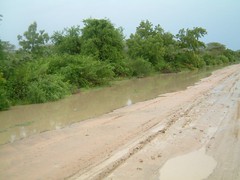




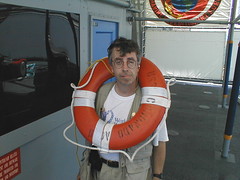
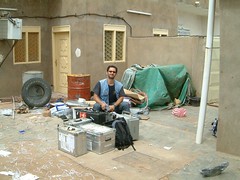
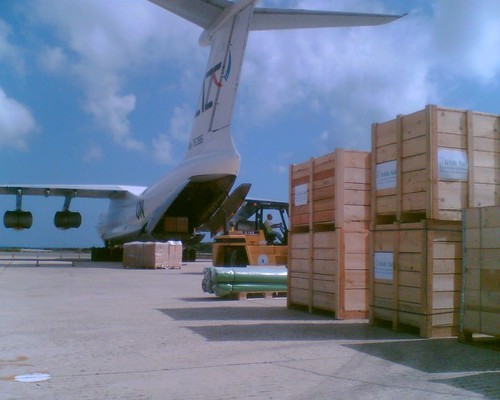 This morning, as we were still preparing
This morning, as we were still preparing 
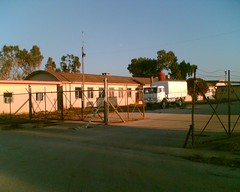
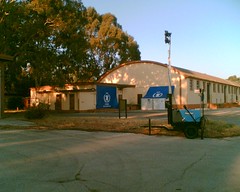
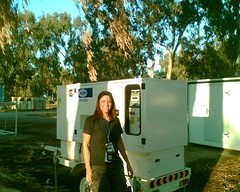

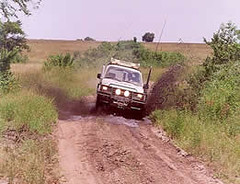
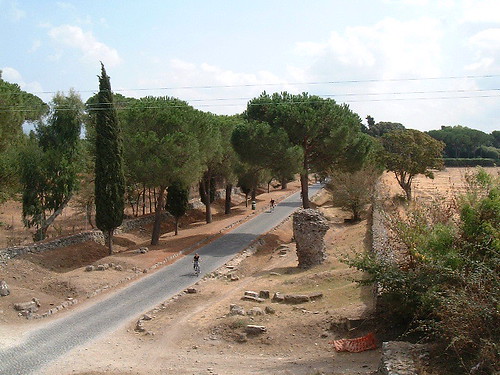
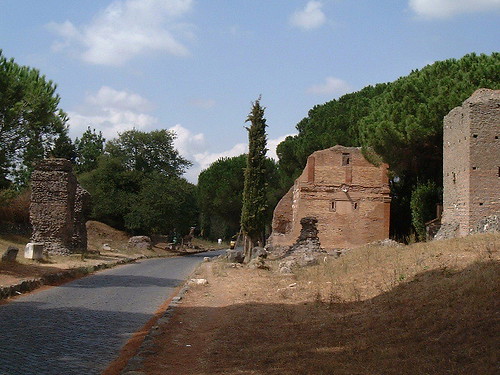
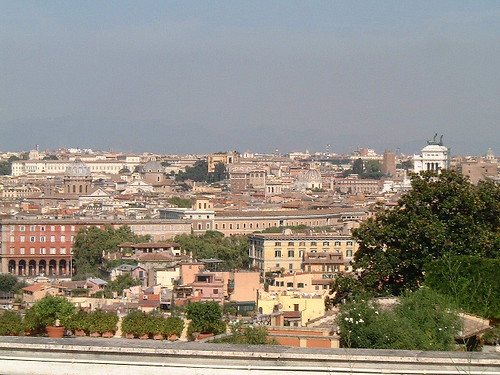
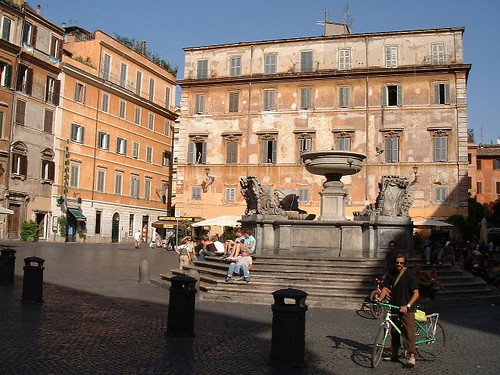
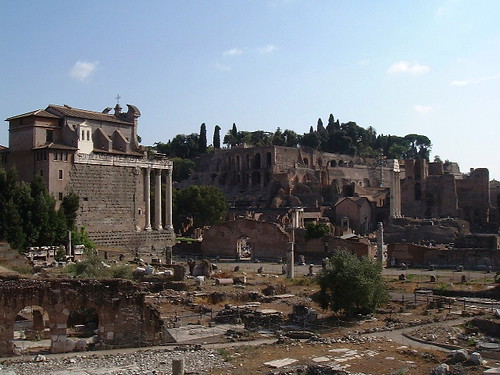

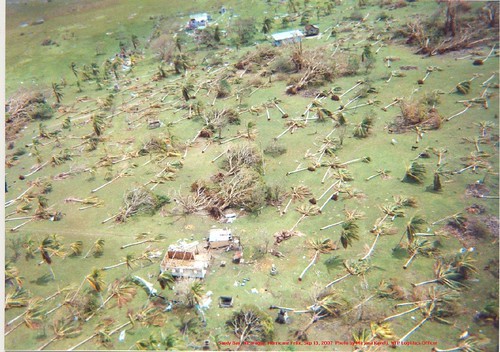
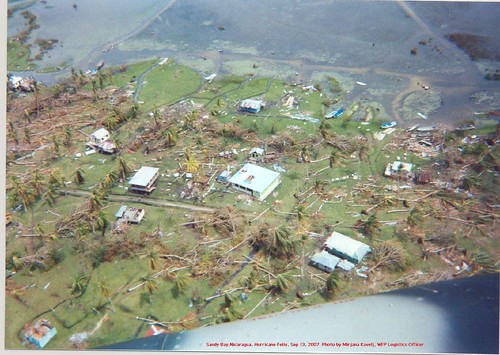
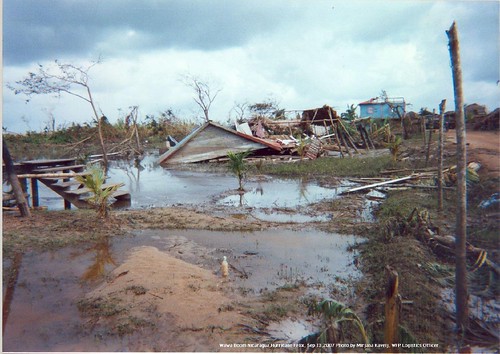
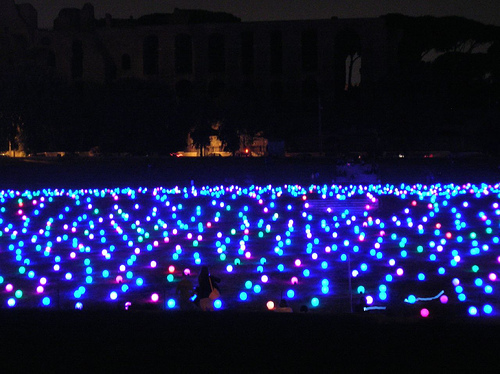

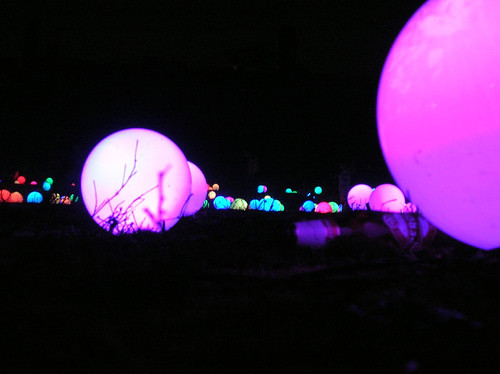
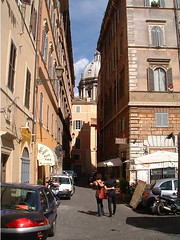
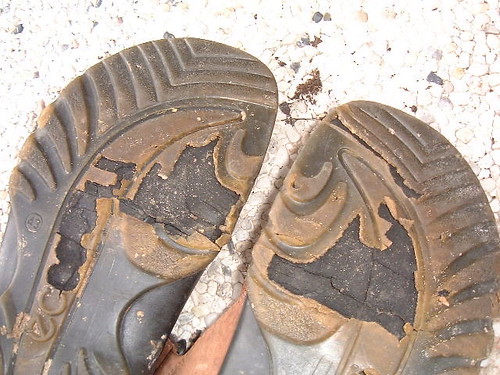
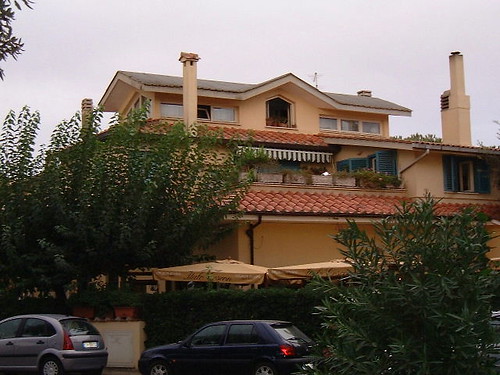
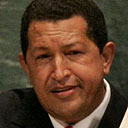
 Peter. Flemish, European, aid worker, expeditioner, sailor, traveller, husband, father, friend, nutcase. Not necessarily in that order.
Peter. Flemish, European, aid worker, expeditioner, sailor, traveller, husband, father, friend, nutcase. Not necessarily in that order.
The Road's Dashboard
Log in
New
Edit
Customize
Dashboard